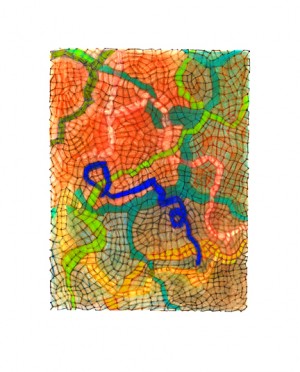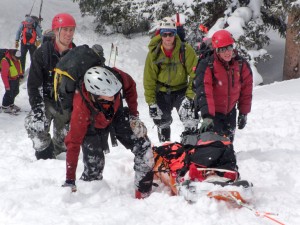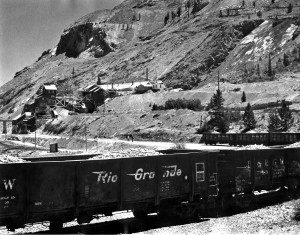Last month I needed a book to take along on a flight to the West Coast and grabbed from my bookcase a beat up old copy of Resist Much, Obey Little; Some Notes on Edward Abbey.
I read a bunch of Abbey’s works in my twenties and thirties as did many of my peers here in the West. It was the age of James Watt and the notion of monkeywrenching had a certain mischievous appeal to those of us who felt the hard-won environmental regulations of the 1970s were under assault.
This was before the group Earth First! became a household name and then-President Reagan was joking on-air about dropping nuclear bombs on the Soviet Union. In Abbey’s books many of my generation found inspiration though Abbey himself did not consider himself an environmentalist and didn’t like the label. In fact, he didn’t care for labels much at all and often took public stands that seemed to contradict some of his writings.
While reading essays on Abbey from writers such as Wendall Berry and William Eastlake, jetting over Utah at 30,000 feet, I wondered what Abbey would have made of two big news items of the day – the disastrous BP oil spill in the Gulf of Mexico and the new law passed in Arizona allowing authorities to request proof of citizenship of those who might fit a certain profile (i.e. Mexican immigrants).
Of the spill, he might have thought; business as usual, another greedy corporation breaking the rules with the complicity of the federal regulators to feed an oil-hungry population. Put `em all on the plank and make `em walk into the oil-saturated sea. I doubt he would have been surprised. Abbey was not an idealist but a realist. He witnessed the urban encroachment on his rural hideaway near Tucson with a certain resigned fatalism. But he also did not hesitate to gore certain sacred cows. As a gun owner, he took certain pride in shooting up television sets as a form of stress relief but also ridiculed the gun lobby.
Of the new law in Arizona, he might have applauded it and perhaps considered it had not gone far enough. This is a man who initially suggested expanding the U.S. Border Patrol to at least 20,000 heavily armed guards in what he called the “overcrowded lifeboat theory” but then, later suggests arming the would-be immigrants and pointing them back to Mexico City to complete the revolution begun in the early 1900s.
Politically correct cannot be used to describe Edward Abby. The East Coast literary establishment chose not to take him seriously because most Western writers at the time included cowboys and Indians in their works. Abbey’s included shady land developers, desperate hermits, starchy bureaucrats and hucksters. He did not depict the romantic notion the Easterner’s had of the rugged West. He depicted its vastness, scale, and grandeur and as well as those who would exploit its resources.
On the return flight to Denver, I happened to glance across the aisle and was surprised and somewhat pleased to see a young women in her 20s absorbed in Abbey’s Desert Solitaire, the first of his books I ever read back in the late 1970s. Somehow I felt satisfaction that a new generation has discovered his works and that his writings might still have influence many years after his passing.
– Mike Rosso



